A post this morning written by Professor Stephen Saidemann from Carleton University resonated with me quite a lot was the trigger for me to write this post that summarizes my view of mentorship in higher education. I know many of my colleagues in the UBC Department of Political Science feel the same way I do about mentorship, and it’s always nice to know that this view is shared in other universities and departments (see my colleague Dr. Janni Aragon from University of Victoria for but one example of excellent mentorship).
I was talking this past week with four of my undergraduate students (all of whom are working on research projects with me – I try to involve undergraduate students in my research all the time – it’s a valuable experience for post-graduation), and I asked them what their career plans were. Obviously, there are several of my students (who currently are undertaking research with me) who will not go on to academia, but the experience of collaborating in my scholarly work is (hopefully) one that will leave them with employable skills (I emphasize hire-able skills in my teaching too).
When I mentioned to my students that I was keen to know where they went and that I would always keep tabs on what they did, they all were extremely impressed and grateful. Even my former students whom I have not mentored directly (in collaborative research relationships) know that they can always count on me if they need advice or direction, or a letter of reference written for graduate school or a job. And while it’s nice to get the “thank you” cards that I do (rather frequently), it’s more what Professor Saideman indicates what drives me (and the heritage from my academic parents too, who did the same for their own students), and I quote:
It was not my intention that my last four graduate students at McGill have been women, but it is a point of pride that they are thriving and succeeding. I know that they will face a lot of crap in this business, but I also know that they know that I will always be there for them. In my view, agreeing to be an adviser is akin to an unbreakable vow–a magical binding contract. And as always, with great power, comes great responsibility.
I completely agree. Agreeing to work with you (as a student of mine) means to me that I will keep tabs on you in the future, regardless of which country you (or I) live in. It’s a binding contract whereby I agree to help you develop your skills and make a contribution in this world. That’s the underlying reason of why I agree to teach at the university level, and that’s the reason why I became an academic in the first place: to make a positive impact in the world, hopefully not only with my own scholarship but also through my students too.
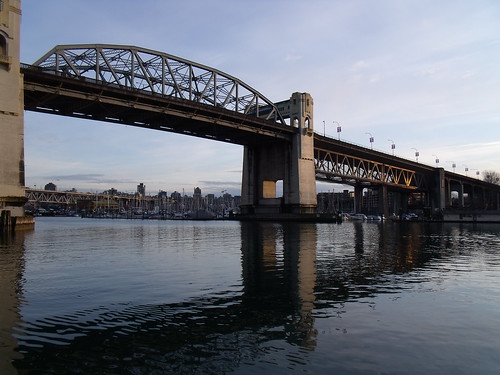
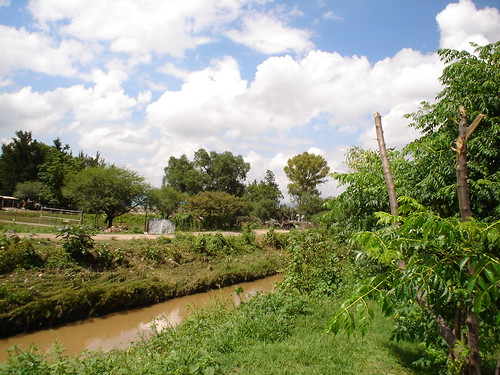

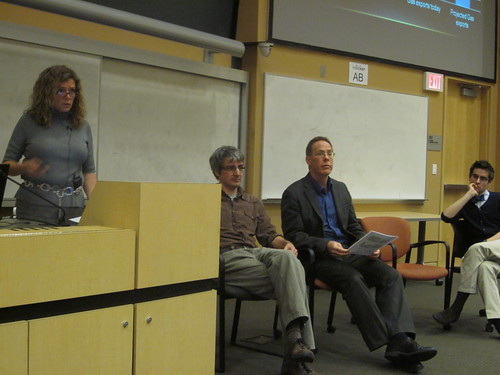
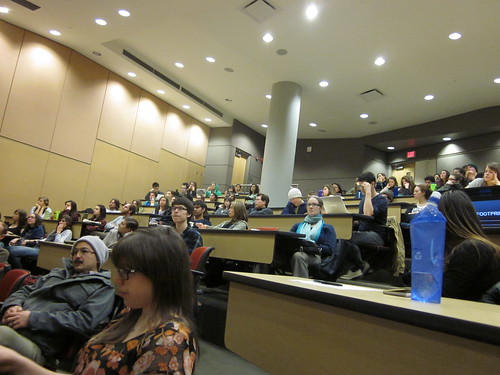

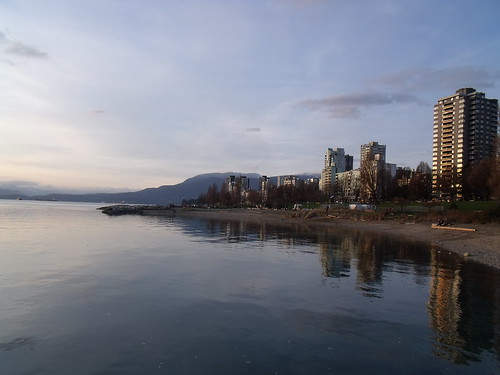
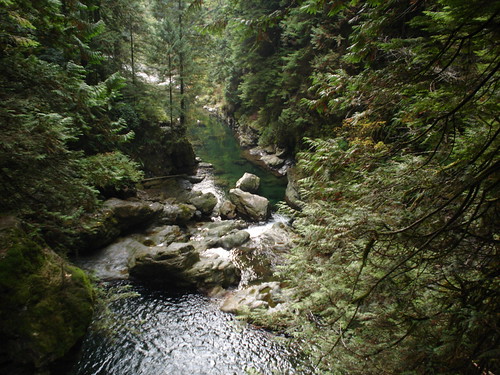
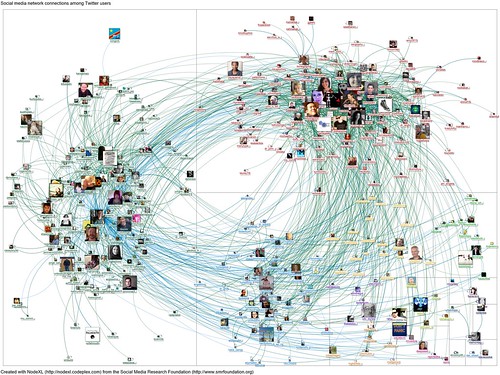


Recent Comments